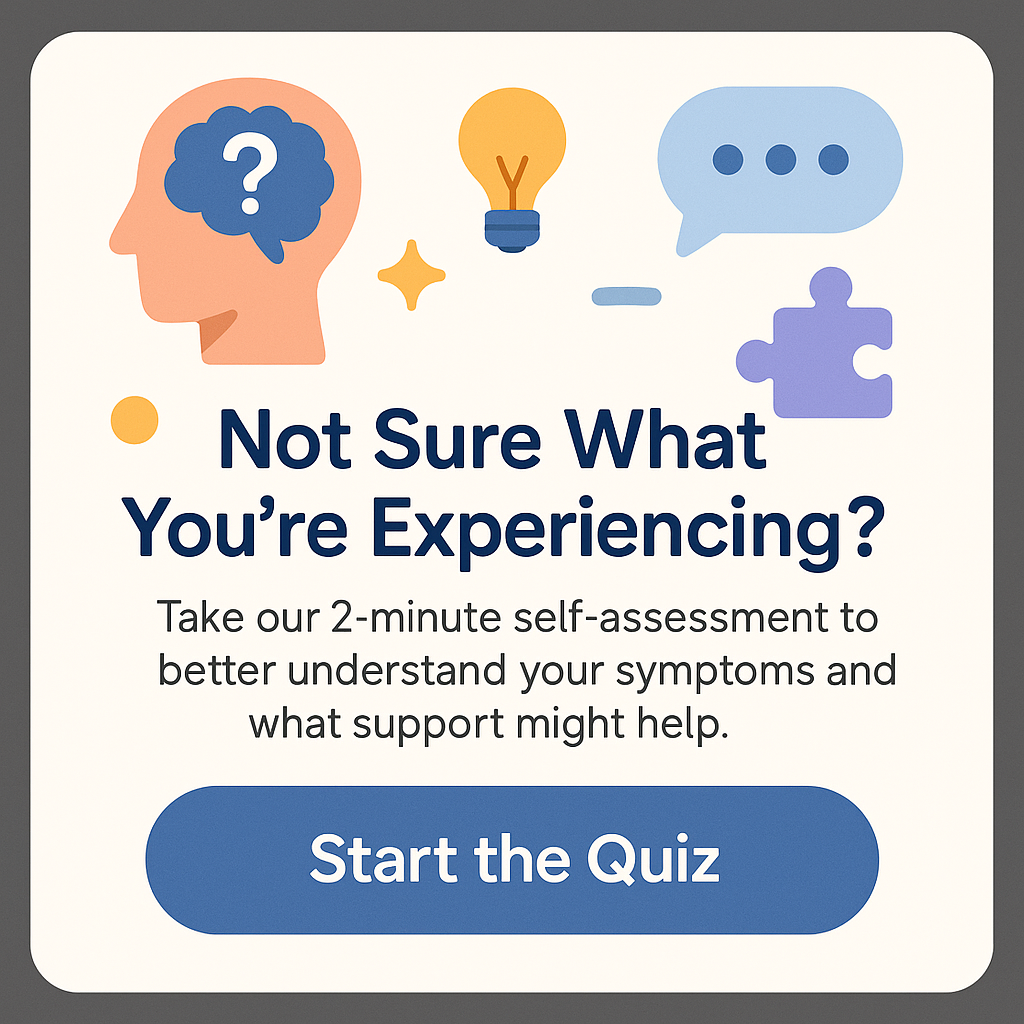Where is the best place to live for a child with autism?
Discovering the best place to live for a child with autism is essential for families looking to provide the optimal environment for their loved ones. The atmosphere, community resources, educational opportunities, and healthcare support play vital roles in this decision-making process. It’s not just about finding an address; it’s about securing a life filled with understanding, acceptance, and growth. In this article, we’ll explore critical factors to consider, give insights into suitable locations, and outline what you should be looking for in a supportive community.
Understanding the Needs of a Child with Autism
When contemplating “Where is the best place to live for a child with autism?”, it’s essential first to grasp the unique needs that children with autism may have. Autism is a spectrum disorder, which means that it affects individuals differently. Some may require limited support, while others may need extensive assistance with daily living skills and communication.
A child with autism may thrive in an environment that offers structure and predictability. Changes in routine can lead to anxiety, so locations that offer consistent activities and familiar faces can be soothing. Additionally, having access to specialized education and therapy resources is vital. Look for communities with reputable schools that have programs tailored specifically for children on the autism spectrum.
Support groups, community resources, and therapy options also contribute to the decision-making process. Communities rich in these resources will provide families with the tools needed to help their children navigate the world more comfortably. It’s worth evaluating how close these resources are and what kind of services are available, as they can make a significant difference in your overall experience.
Finally, the mindset of the community is critical. An inclusive atmosphere where differences are embraced rather than ostracized can greatly impact a child’s development. Therefore, when pondering where is the best place to live for a child with autism, remember to consider not just services but the temperament and attitude of the surrounding community.
Top 5 Cities That Are Great for Children with Autism
Based on research and feedback from various experts, parents, and advocacy groups, five cities consistently rank as the best places to live for children with autism.
1. Seattle, Washington
Seattle stands out as a progressive city that is dedicated to creating supportive environments for kids with autism. With numerous resources available, including specialized schools, therapists, and community organizations, Seattle provides ample opportunities for integration and acceptance. The city’s overall inclusiveness is commendable.
In addition to its robust support systems, Seattle enjoys a strong economy, providing families with financial stability. The presence of significant employers ensures job opportunities and livelihoods which ultimately contribute to the well-being of the community as a whole. The city also boasts a plethora of parks and recreational spaces, fostering social skills and engagement in a natural setting.
2. San Francisco, California
Another top contender is San Francisco, which has made great strides in promoting autism awareness and education. The city is home to numerous autism-friendly schools and therapy centers, giving parents many choices for their child’s education and care.
San Francisco is also recognized for its vibrant community spirit. With regular events, workshops, and support groups, parents can find camaraderie with others who are navigating similar challenges. Thirdly, the bay area is home to state-of-the-art medical facilities, ensuring that families have access to professionals who understand autism.
3. Austin, Texas
Austin is rapidly becoming a beacon for families with children on the autism spectrum. The city is known for its supportive community and numerous autism resources. What makes Austin particularly appealing is its eclectic culture and friendly atmosphere. Families seeking an artsy vibe may appreciate the city’s events geared towards inclusivity, ensuring that every child has a place.
Moreover, local schools are increasingly integrating support for students with autism, resulting in an inclusive educational environment. As the population grows, ongoing initiatives seek to improve resources for all families, demonstrating a commitment to progress.
4. Denver, Colorado
Known for its breathtaking landscapes, Denver also scores high on the chart of child-friendly cities for families with autism. The area offers a wealth of accessible services, making it easier for families to connect with healthcare and support resources.
Denver features a strong community of organizations dedicated to supporting autism awareness, ensuring that families receive the help they need at different stages of life. Additionally, with its rich outdoor culture, children can enjoy active lifestyles while nurturing friendships in safe environments.
5. Minneapolis, Minnesota
Minneapolis is another city that consistently ranks high for those wondering where is the best place to live for a child with autism. With a robust support system, effective schools, and a dedication to inclusivity, families can find plenty of resources here.
Moreover, the city’s commitment to community programs is inspiring. Regular workshops and events focused on autism awareness help foster understanding and acceptance, building an environment where children can thrive.
Factors to Consider When Assessing a Community
When looking at “Where is the best place to live for a child with autism?”, several critical factors should guide your investigation.
Access to Services
A community’s access to educational resources, medical facilities, and support services cannot be overlooked. Consider how close these services are to your home and how frequently they’re used. Your child may need regular therapy sessions, and having a local clinic or specialist can significantly relieve daily burdens.
Additionally, inquire about the availability of various therapies. From speech to occupational therapy, there’s a whole spectrum of services that may be beneficial for your child. Cities like Seattle and Minneapolis provide abundant options, ensuring families have choices that fit their child’s needs.
School Systems and Educational Support
One of the most important factors for families is the quality of education available to children with autism. Research schools in the area and their approach to inclusive education. Verify how equipped the schools are to support children with autism. Some districts may offer specialized programs, while others may have more limited resources, which could influence your decision.
Consider visiting school campuses to get a sense of the environment. Talk to faculty and staff about how they handle inclusion and what specific accommodations they can provide for students on the autism spectrum. A supportive educational environment can make all the difference in a child’s growth and development.
Conclusion
Finding a suitable place for a child with autism can feel overwhelming, but it is crucial for their overall well-being and development. When asking, “Where is the best place to live for a child with autism?”, focus on community resources, educational systems, and inclusive atmospheres.
Each suggested city has its unique offer, so it’s wise to evaluate your family’s situation, considering factors such as employment opportunities, cost of living, and the size of your social support network. No one answer fits all; it’s about finding the best fit for your specific circumstances.
Ultimately, ensuring a supportive and nurturing environment can help children with autism thrive, making their future brighter and filled with possibilities.
FAQs
1. What resources should I look for in a community for my child with autism?
Look for communities with specialized schools, therapists, and family support organizations. Access to recreational programs that promote inclusion is also beneficial.
2. How does the school system impact children with autism?
A supportive school system is essential for helping children with autism develop both academically and socially. Schools should provide resources and trained staff to support varied learning styles.
3. Are there specific types of therapies recommended for children with autism?
Common therapies include speech therapy, occupational therapy, and behavioral therapy, all of which can significantly help children on the autism spectrum develop important skills.
4. What are the signs that a location might be autism-friendly?
An autism-friendly location often has community support groups, active participation in autism awareness events, and schools that prioritize inclusive educational practices.
5. How can I prepare for a move to a new city for my child with autism?
Visit potential cities and research resources beforehand. Reaching out to local parent groups can provide invaluable insights and help ease the transition for both you and your child.
What is Bad Behavior in Autism? Understanding the Complexities
Does Autism Affect Intelligence? Understanding the Connection







